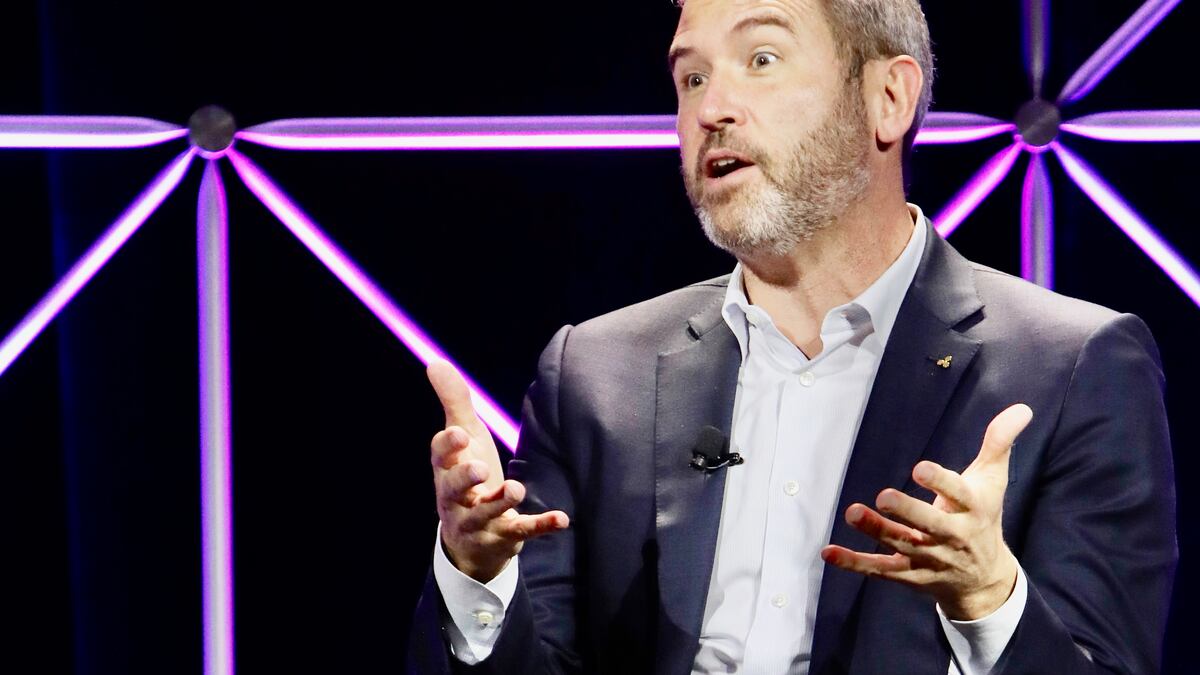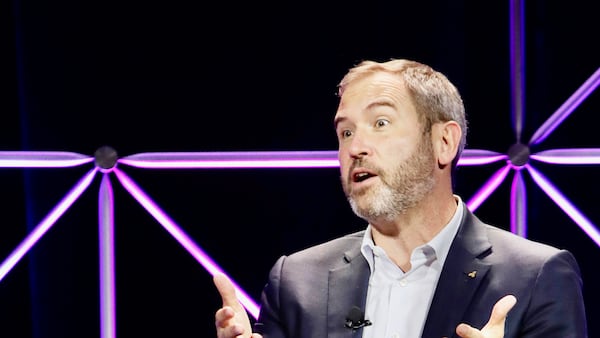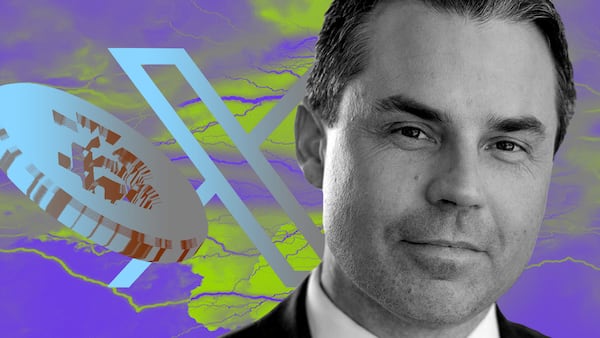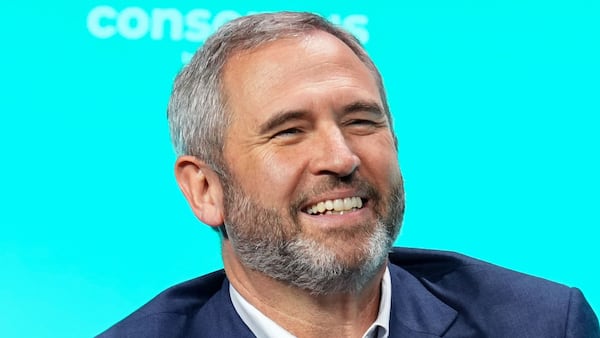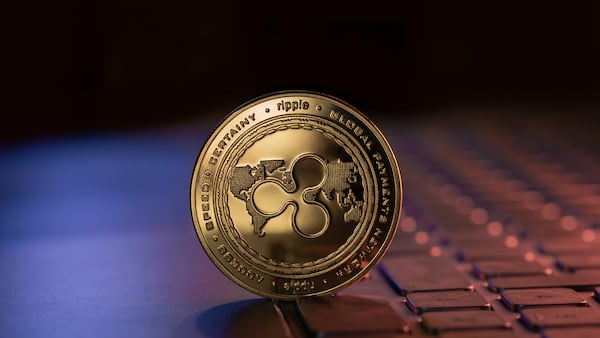- Ripple’s litigation with the US markets watchdog was seen as a test case for crypto regulation.
- Now that the case is over, barring appeals, legal experts doubt its legacy.
Brad Garlinghouse, the CEO of Ripple, was in an apparent celebratory mood after the crypto company’s long-running legal fight with the US securities regulator ended in relatively light penalties last week.
The US Securities and Exchange Commission had asked Judge Analisa Torres to slam Ripple with a $2 billion penalty for violating securities laws, but she only fined it $125 million.
“This is a victory for Ripple, the industry and the rule of law,” Garlinghouse mused on X after the ruling.
The SEC asked for $2B, and the Court reduced their demand by ~94% recognizing that they had overplayed their hand. We respect the Court’s decision and have clarity to continue growing our company.
— Brad Garlinghouse (@bgarlinghouse) August 7, 2024
This is a victory for Ripple, the industry and the rule of law. The SEC’s…
However, legal experts are not so certain. While many observers saw the case as a test for whether the SEC’s assertion that crypto tokens are securities is true, legal experts say it has failed to provide that clarity.
The only thing it managed was to give the industry a win “from a public relations perspective, from a legislative lobbying perspective, and from a litigation perspective,” Alan Konevsky, executive vice president and chief legal and corporate affairs officer at blockchain company tZero, told DL News.
Clarity? Not so much.
Test case
Torres’ ruling that Ripple violated securities laws when it sold its associated XRP token directly to institutional investors caps — at least for now — a legal battle that kicked off in December 2020.
That was when the SEC first sued the company, alleging the firm’s executives sold XRP without registering the token as an investment contract.
At the time, the case was the largest the regulator — then chaired by Jay Clayton — had ever brought against a crypto industry defendant.
Many more were to come after Gary Gensler was appointed chair in 2021, and the collapse of the FTX exchange in 2022 triggered a wave of enforcement actions.
Over the years, the Ripple case has been touted as a test case for the industry.
Industry observers’ received knowledge was that whatever its outcome, the Ripple case would echo across the SEC’s attacks against the likes of Binance, Coinbase and Kraken.
In 2023, the industry celebrated when Torres handed down a ruling that gave Ripple a partial win.
The ruling said that, while the company violated securities laws when it directly sold XRP to institutional investors, indirect sales of XRP on retail exchanges were fine.
Torres did not allow the SEC to appeal that point, and last week, she gave Ripple the greatly reduced fine.
Torres’ ruling, however, hasn’t set any definite precedent that will firmly swing judges in favour of these defendants, legal experts tell DL News.
Terraform Labs
In a separate lawsuit between the SEC and Terraform Labs, for instance, Judge Jed Rakoff rejected Torres’ distinction between institutional and retail sales.
“Unfortunately, the twin decisions of Ripple and Terraform Labs using different metrics to determine what is, and what is not, a security has wrought confusion rather than clarity,” Arthur Jakoby, a partner at law firm Herrick Feinstein and a former SEC prosecutor, told DL News.
In the long run, many of the SEC’s cases against crypto businesses will end up in appeals courts.
Here too judges will come up with their own and diverging rubrics of what securities are, compounding the confusion.
A Supreme Court case would set a binding precedent, but the US’ highest court is selective about what it hears. Even if it did choose to hear a crypto case, it could be years before that happens.
Ultimately, the courts aren’t a substitute for clear rules written by Congress, Jakoby said.
The crypto industry is busy trying to influence what those laws might be. It has amassed a $173 million war chest to get friendly candidates elected and influence policy once a new administration comes in after November.
In the meantime, the industry will continue to operate without being certain of its regulatory status, Konevsky said.
“The industry has gotten pretty good at operating in the grey,” he said.
“It’s going to have to continue to do so, as courts aren’t going to clear anything up.
“In fact, they might make it more confusing.”
Joanna Wright writes about regulation and policy for DL News. Contact her on joanna@dlnews.com.
